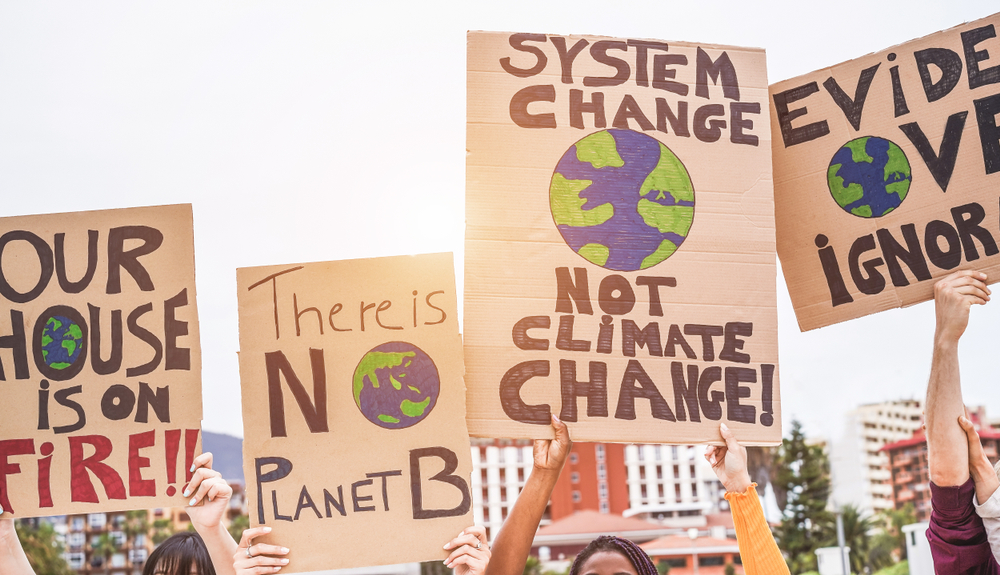A Montana state judge in Helena has ruled that a law preventing the state from taking greenhouse gas emissions into account during environmental reviews infringes upon the constitutional rights of 16 young plaintiffs who sued for action on climate change. The decision was handed down by Judge Kathy Seeley in the First Judicial District Court of Montana, marking a landmark victory for the plaintiffs. The lawsuit, championed by advocacy group Our Children’s Trust, hinged on Montana’s state constitutional guarantee of a “clean and healthful environment,” as invoked by the 16 youths.
The verdict, announced on Monday, has garnered attention from prominent media outlets such as The Washington Post, The New York Times, and Bloomberg Law, reflecting the far-reaching implications of this legal precedent. Montana stands as one of six states with explicit constitutional provisions safeguarding environmental rights, a fact previously reported by the ABA Journal.
The lawsuit’s impact was further emphasized by Julia Olson, Chief Legal Counsel and Executive Director of Our Children’s Trust. She celebrated the decision as a “sweeping win for our clients” and a pivotal moment, characterizing it as a “game-changer.” Notably, Olson emphasized the historical significance of the ruling, as it marked the first instance in U.S. legal history in which a court determined that governmental actions promoting fossil fuels and overlooking climate change could violate the constitutional rights of young individuals, placing them at undue risk.
See also: Illinois Lawyer Takes on Climate Change, Targeting Companies Allegedly Fueling the Crisis
Judge Seeley had previously acknowledged her limitations in directly mandating the state to devise a corrective plan. Nevertheless, she asserted her authority to grant declaratory relief in the matter, a legal distinction that offered a measure of vindication to the young plaintiffs and their cause.
Don’t miss out on top talent – post your job openings with BCG Attorney Search.
Our Children’s Trust, the advocacy group leading the charge, is concurrently pursuing climate change cases in four additional states beyond Montana. This concerted legal effort underscores the broader movement to address climate change through the judiciary. However, it is notable that most similar cases initiated by young individuals—amounting to at least 14—have been dismissed. This trend was highlighted in a report released in July by the United Nations Environment Program and the Sabin Center.
The state of Montana’s defense primarily rested on the argument that lawmakers rather than the judiciary should address the grievances brought forth by the youth plaintiffs. Additionally, the state contended that its contribution to greenhouse gas emissions is minimal, further downplaying the need for legal intervention.
Central to the legal dispute was the concept of a “MEPA limitation,” referring to a provision that bars the state from factoring in the impact of greenhouse gas emissions and climate change in its environmental reviews. This clause, entrenched within the Montana Environmental Policy Act, became the focal point of contention between the state and the young plaintiffs.
Anticipating an adverse outcome, the state of Montana is poised to lodge an appeal against the court’s ruling. This move sets the stage for a higher legal battle, which could potentially shape the landscape of environmental law and climate change mitigation efforts in the state and beyond. The legal outcome of this appeal could further define the balance between the judiciary and legislative branches in addressing critical environmental concerns.
Don’t be a silent ninja! Let us know your thoughts in the comment section below.

